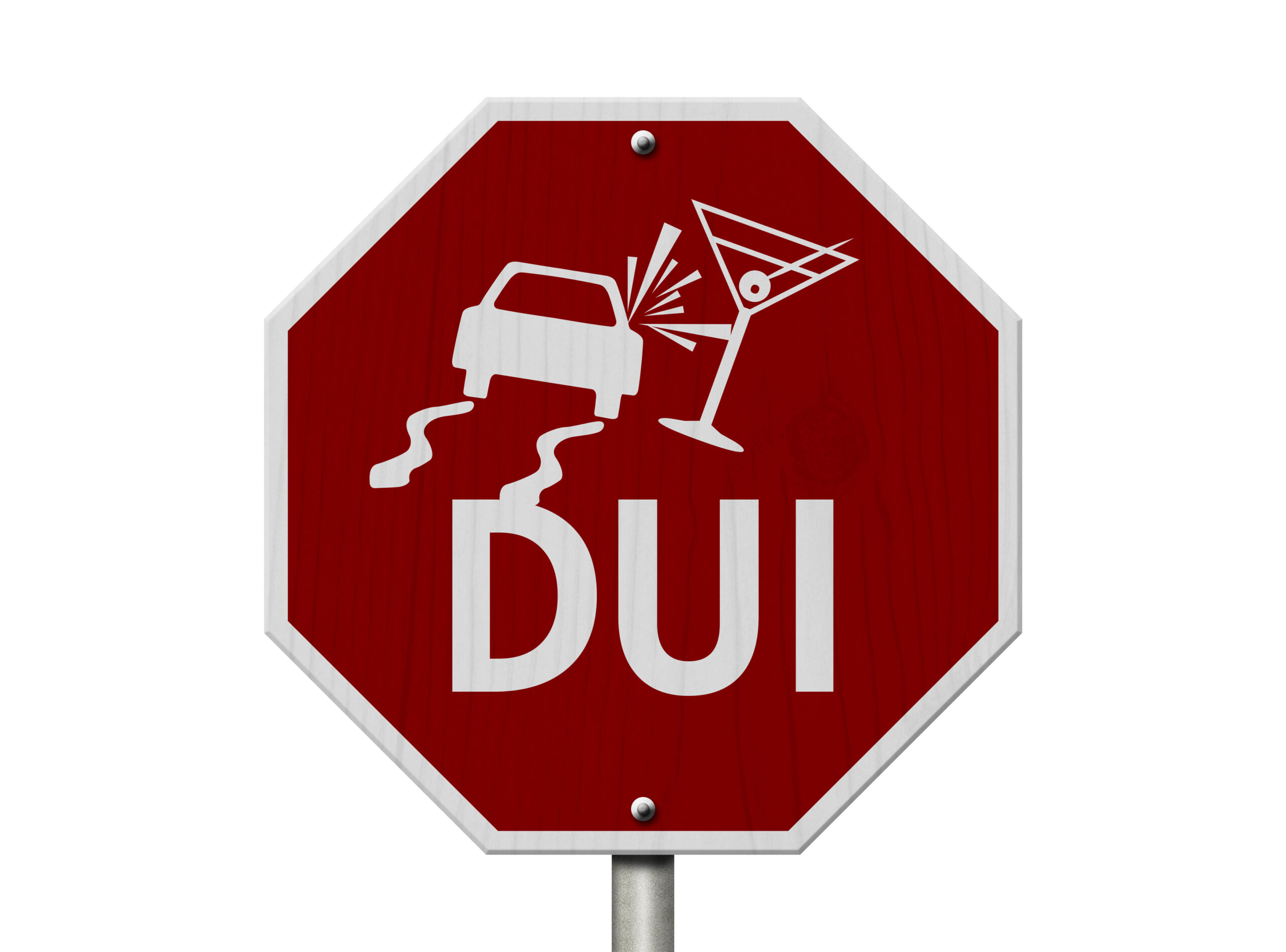The Statute of Limitations: An Often Misunderstood Legal Concept
One of the least understood, and most confusing, issues in criminal law in Pennsylvania as well as in many other jurisdictions is the concept of the statute of limitations. The statute of limitations refers to the period within which the government must file charges against an individual based on certain types of conduct or else the government cannot charge the individual with a particular offense. For different crimes the statute of limitations differs, typically based upon the seriousness of the crime. For instance, there no statute of limitations the Commonwealth of Pennsylvania for murder but the statute of limitations for solicitation for murder is five years pursuant to Pennsylvania law.
How the Statute of Limitations Works in Practice
How the statute of limitations works in practice is as follows. For instance, say you committed a murder 40 years ago. You are never truly free from being charged with that offense because the Commonwealth is free to bring criminal charges against you at any time if the prosecution uncovers enough evidence to charge you with murder, then they are free to do so. However, to borrow the example from above, imagine that in a fit of rage you hired a hit man to kill your spouse but the hit man took your money and never actually succeeded in murdering your spouse. Seven years later, your spouse discovers records showing a payment to the hit man and takes this evidence to a prosecutor. At this point, you could not be charged with the crime of solicitation for murder because the five year statute of limitations has passed. (However, this does not mean that you could not be charged with some other crime related to hiring the hit man, a common misnomer about the statute of limitations).
The Statute of Limitations has Effect on How to Charge Crimes
Statute of limitations and the amount of time that has passed since criminal conduct took place is a very important topic and often shapes decisions by prosecutors as to what offenses they will charge an individual with in connection with certain. For instance, as noted in an opinion piece in the New York Times regarding the sexual assault charges currently pending against Bill Cosby as a result of conduct from 2004, prosecutors filed charges on the eve of the expiration of the statute of limitations.






